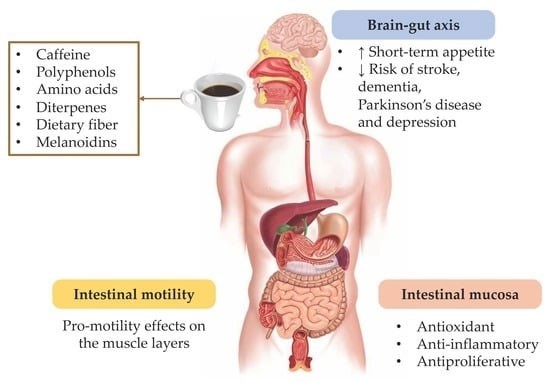A nurse is planning care for a client who reports heartburn. Which of the following tests should the nurse anticipate in the client's plan of care?
Upper GI endoscopy
Flexible sigmoidoscopy
Colonoscopy
Lower GI series
The Correct Answer is A
Choice A reason: An upper GI endoscopy is typically performed to evaluate symptoms of persistent heartburn, as it allows direct visualization of the esophagus, stomach, and duodenum, which are commonly affected by conditions that cause heartburn.
Choice B reason: Flexible sigmoidoscopy is used to examine the lower part of the colon, which is not typically
associated with symptoms of heartburn.
Choice C reason: A colonoscopy is used to view the entire colon and is not the first choice for investigating heartburn,
as this symptom is not directly related to the colon.
Choice D reason: A lower GI series, or barium enema, is an X-ray examination of the large intestine, which includes the colon and rectum. It is not typically used to diagnose conditions that cause heartburn.
Nursing Test Bank
Naxlex Comprehensive Predictor Exams
Related Questions
Correct Answer is A
Explanation
Choice A reason: Caffeinated beverages can cause diarrhea as caffeine stimulates the gastrointestinal tract and can
lead to increased bowel movements.
Choice B reason: Ripe bananas are typically recommended to manage diarrhea due to their pectin content, which can help absorb liquid in the intestines.
Choice C reason: White rice is often recommended for those with diarrhea as it is easy to digest and can help form
stools.
Choice D reason: Low fiber cereal is less likely to cause diarrhea compared to high fiber options, as fiber can accelerate the passage of food through the intestines.

Correct Answer is B
Explanation
Choice A reason: Magnesium is important for many processes in the body, including nerve transmission and the regulation of muscle contractions, but it is not primarily used for oxygen transport.
Choice B reason: Iron is a key component of hemoglobin, the protein in red blood cells that carries oxygen from the lungs to the rest of the body. The normal range for iron in the blood is typically 50 to 170 micrograms per deciliter for men and 65 to 165 micrograms per deciliter for women.
Choice C reason: Potassium is crucial for heart function and plays a key role in skeletal and smooth muscle contraction, making it important for normal digestive and muscular function, but not directly for oxygen transport.
Choice D reason: Phosphorus helps form bones and teeth and is involved in the body's utilization of carbohydrates and fats, as well as the synthesis of protein for the growth, maintenance, and repair of cells and tissues, but it does not transport oxygen.
Whether you are a student looking to ace your exams or a practicing nurse seeking to enhance your expertise , our nursing education contents will empower you with the confidence and competence to make a difference in the lives of patients and become a respected leader in the healthcare field.
Visit Naxlex, invest in your future and unlock endless possibilities with our unparalleled nursing education contents today
Report Wrong Answer on the Current Question
Do you disagree with the answer? If yes, what is your expected answer? Explain.
Kindly be descriptive with the issue you are facing.
